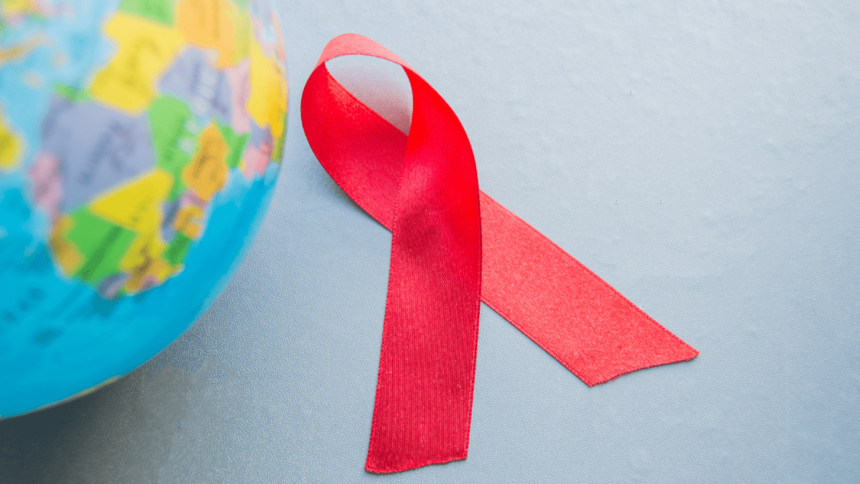The fight against HIV in South Africa has come a long way in the past 25 years. From the days of President Thabo Mbeki’s AIDS denialism to the current state of the country having the largest HIV treatment program in the world, significant progress has been made.
Back in 2000, ARV medication was expensive and out of reach for most people who needed it. The government’s delay in responding to the epidemic cost the lives of many unnecessarily. However, the tide turned when a court case in 2002 forced the government to provide treatment to HIV-positive pregnant women, leading to widespread access to medication for everyone.
Today, around 6 million people in South Africa are on anti-HIV medication, and new infections have dropped by 75% since 2000. The evolution of HIV science has led to the development of newer, better drugs with fewer side effects, making treatment more effective and accessible.
In addition to treatment, other prevention methods have also emerged, such as medical male circumcision and pre-exposure prophylaxis for HIV-negative individuals. The concept of U=U (undetectable equals untransmittable) has also gained traction, highlighting the importance of sticking to treatment to prevent the spread of the virus.
Despite these advancements, HIV remains a significant issue globally, with 1.3 million new infections occurring each year. The goal of ending AIDS as a public health threat by 2030 is still a challenge, as the decline in new infections has begun to plateau in recent years.
To combat this, experts are advocating for the widespread availability of a new six-monthly anti-HIV injection. This could be a game-changer in the fight against the epidemic, ensuring that progress continues to be made towards ending AIDS.
As we reflect on World AIDS Day 2024, it’s essential to recognize how far South Africa has come in its HIV response over the past 25 years. The timeline of events showcases the evolution of the country’s efforts in combating the epidemic and serves as a reminder of the ongoing work that needs to be done to achieve a world free of HIV/AIDS.
This article was produced by the Bhekisisa Centre for Health Journalism. For more insightful content on health-related issues, be sure to sign up for their newsletter. The world of technology is constantly evolving, with new innovations and advancements being made every day. From artificial intelligence and machine learning to virtual reality and blockchain technology, there is no shortage of exciting developments in the tech industry.
One of the most recent and groundbreaking advancements in technology is the rise of decentralized finance, or DeFi. DeFi is a financial system that operates without traditional intermediaries, such as banks or financial institutions. Instead, transactions are conducted directly between individuals using blockchain technology.
DeFi has gained popularity in recent years due to its potential to revolutionize the way we think about finance. By removing the need for intermediaries, DeFi allows for greater financial inclusion and accessibility, as well as increased transparency and security.
One of the key features of DeFi is its use of smart contracts, which are self-executing contracts with the terms of the agreement directly written into code. This eliminates the need for third-party intermediaries to enforce the terms of the contract, making transactions faster, cheaper, and more secure.
Another important aspect of DeFi is the concept of decentralized applications, or dApps. These are applications that run on a decentralized network and are not controlled by any single entity. This allows for greater autonomy and control over financial transactions, as well as increased privacy and security.
In addition to smart contracts and dApps, DeFi also includes a wide range of financial products and services, such as lending and borrowing, decentralized exchanges, and stablecoins. These products and services are designed to provide users with alternative ways to manage their finances, without relying on traditional financial institutions.
Overall, DeFi has the potential to disrupt the traditional financial system and create a more inclusive and accessible financial system for everyone. As the technology continues to evolve and mature, we can expect to see even more exciting developments in the world of decentralized finance.







